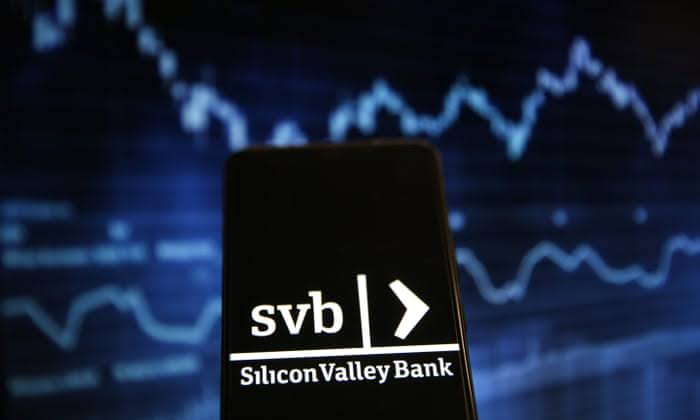Clients of US-based African companies like Chipper Cash were alarmed by the abrupt collapse of Silicon Valley Bank (SVB), the preferred bank for most startups and venture capitalists.
Following a bank run that has been labelled the “biggest bank collapse” since the 2008 financial crisis, the Federal Deposit Insurance Corporation (FDIC) closed the bank’s doors.
The failing bank, which was dubbed the worst since the 2008 financial crisis, has money in it that belongs to a lot of African businesses.
Chipper Cash was the focus of founders and industry watchers trying to understand how the SVB collapse may affect African companies. SVB served this pan-African cross-border payments platform. Chipper Cash, one of Africa’s most valuable firms, raised $100 million in Series C in May 2021 from SVB Capital, the beleaguered SVB’s investment arm.
Ham Serunjogi, CEO and co-founder, said the financial startup has “insignificant exposure” to SVB’s demise.
Read also: The Federal Reserve’s Intervention in the Silicon Valley Bank Financial Crisis
Chipper Cash maintains numerous banking partnerships worldwide, including numerous ones in the United States, given the size and complexity of our international activities. Because of this, we only had a little money (about $1 million) in our SVB account at the time the bank was taken over by the California regulator, he added.
According to Serunjogi, “SVB invested in Chipper in 2021, and we got the money as soon as that round ended.” It is unaffected by the current situation. Additionally, SVB wasn’t the only investor in that round; we had a number of other new and existing investors take part in the $100 million round. In addition, SVB only owns 2% of Chipper.
Similar to SVB is FTX
Months after the shocking collapse of crypto exchange FTX, which lost billions of dollars in investors’ money, the SVB crisis has shaken the digital community. African startups felt the rippling effect worldwide.
Nigerian web-based business Nestcoin sacked staff but kept cash and stablecoins on the now-defunct cryptocurrency exchange. Chipper Cash got $150 million from FTX at a $2 billion valuation in December and laid off several employees.
According to Financial Times documents on Alameda’s venture capital portfolio, Chipper Cash’s valuation dropped from $2 billion to $1.25 billion before FTX’s bankruptcy.
African startups face adversity
Chipper Cash assuaged customers’ and industry participants’ concerns by claiming that the SVB collapse had “insignificant exposure” to it. Most African startups, who could be immediately impacted by the bank catastrophe, don’t share this sense of relief. The argument appears valid.
The two US-based accelerators that work with SVB, Y Combinator and Techstars, accept a number of African financial firms each year. YC’s president, Garry Tan, tweeted that 30% of the companies revealed through SVB are unable to pay their employees within the next 30 days. It is safe to say that the affected African startups will face difficult times.
African fintechs like Risevest and Vesti have assured clients that their money is safe, yet some have their money stranded in SVB.
“The craziest thing from this SVB mess is African startups stayed mostly unaffected owing to SVB making it nearly impossible for founders from Africa to establish an account with them,” tweeted Chika Uwazie, a former CEO of Silicon Valley-backed startup TalentBase.
Yet, other Twitter users argued that “some African startups have a large chunk of their investment in SVB.” To avoid frightening or deceiving their clients, they are keeping quiet.
While the US Federal Reserve established a new Bank Term Financing Program to insulate institutions from market instability induced by the SVB disaster, HSBC purchased SVB’s UK business.
